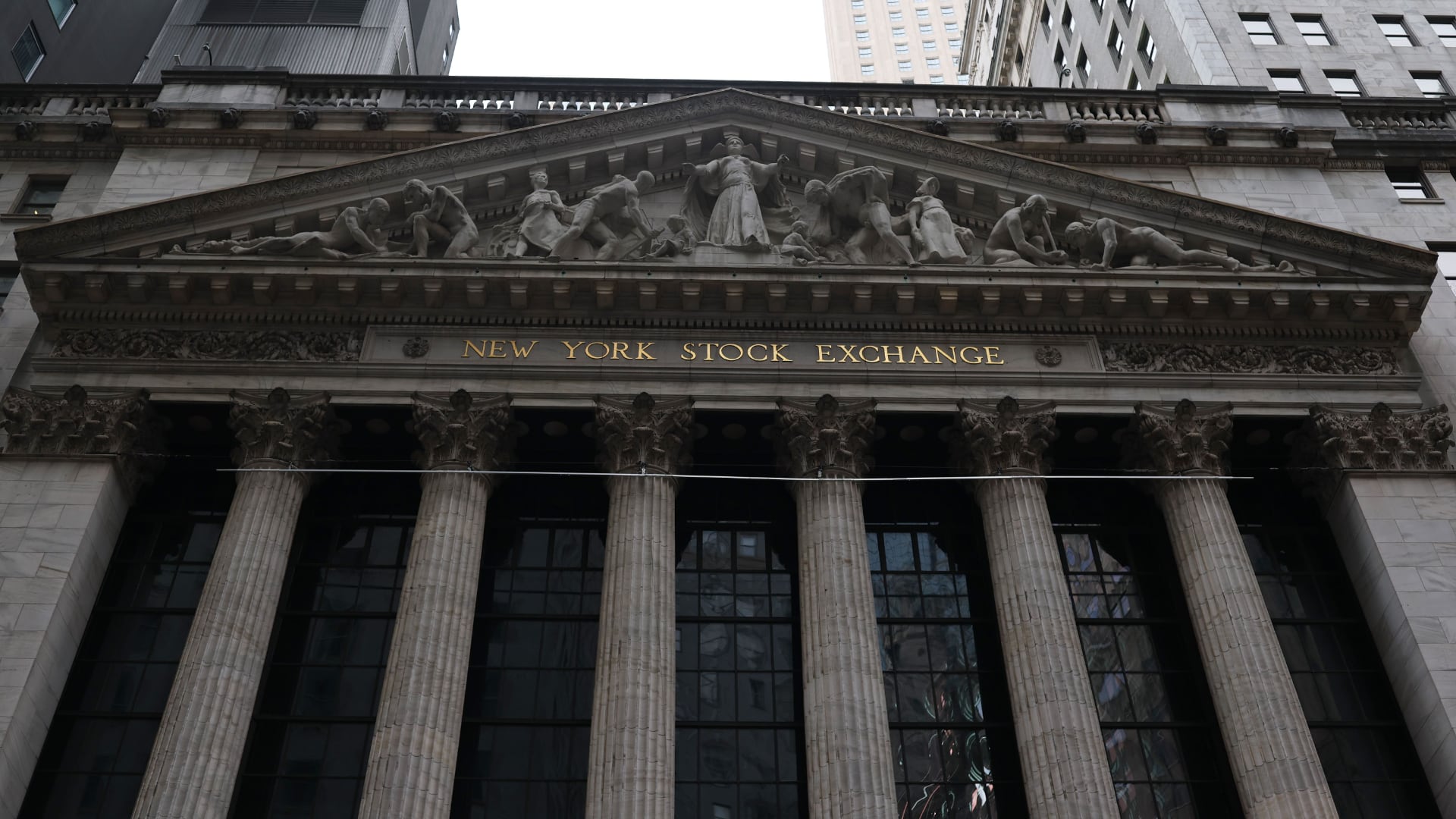*By Hope King* The SEC took another step forward in its investigation into Tesla, sending subpoenas to the company. [News of the subpoena](https://twitter.com/CGasparino/status/1029740099339268096), which Fox Business' Charles Gasparino broke, comes one week after CEO Elon Musk tweeted his desire to take the company private, and that "funding" was "secured." When asked if the move is standard in SEC investigations, former SEC enforcement attorney John Reed Stark said yes. "There's nothing unusual, there's nothing surprising about it," Stark told Cheddar Wednesday. "Anytime any potential wrongdoing gets that kind of publicity the SEC staff is going to get together very quickly and issue these subpoenas." Earlier this week Musk published a blog post outlining the circumstances that led him to tweet about his privatization plans. He wrote that the Saudi Arabian sovereign wealth fund had approached him ["multiple times"](https://www.tesla.com/en_GB/blog/update-taking-Tesla-private) about taking Tesla private "going back almost two years." The blog post, Stark believes, "provided the SEC with a very specific focus that enabled them to get these investigative requests out very quickly." Stark believes the SEC this week may have sent subpoenas to the people involved in the meetings that Musk had, and asked for documents relating to the meetings and any potential financing. "It's a major request," Stark said. "You have to look at all your iPhones, iPads, desktop and laptop computers and cloud services ー anywhere you might have data on this." Following Musk's tweet last Tuesday, shares of Tesla were halted for nearly two hours. Once trades resumed, the stock closed up 11% by the end of the day. At least two class action lawsuits accuse Musk of violating the Securities and Exchange Act of 1934 ー of "manipulative acts," including making allegedly [false and misleading statements]( https://cheddar.com/videos/class-action-lawsuit-filed-against-tesla-after-elon-musks-tweet) to defraud Tesla investors. Will Chamberlain, one of the plaintiffs, [told Cheddar](https://cheddar.com/videos/tesla-short-seller-calls-musks-blog-post-a-confession) Monday that Musk's blog post read like "almost a confession that he committed securities fraud." His attorney Reed Kathrein agreed. “It’s pretty clear that funding was not secured and that he did not have a reasonable basis for saying funding was secured,” Kathrein said. With the SEC investigation now in its next phase, the question that federal regulators and investors want answered is one about intent. "Manipulation is a matter of intent," said Reed. “You have to get in the person’s head. They have to have intent to artificially inflate or deflate the market. That’s usually covered by ironclad false statements and profiting by nature of whatever you did. And those two things are not crystal clear.” While it seems clear now that funding to take Tesla private was not exactly "secure" when Musk sent the tweet last week, Stark said he'd expect any sanction the SEC imposed over the tweet to be minimal. In a separate Twitter message to Cheddar, Stark outlined the possible outcomes of the investigation: "The remedies available to the SEC range from financial penalties and disgorgement of profits to equitable remedies such as officer and director bars and any related regulatory prohibitions," he wrote. When asked why most people view SEC penalties as a slap on the wrist, Stark says it's "primarily because the SEC lacks criminal prosecutorial authority." Additionally, if there are fines, they are typically much smaller than what companies are valued and how much executives such as Musk are worth. "But having said that, unless the SEC discovers some sort of devious and egregious scheme, barring Elon Musk from being associated with a public company would be unfair and unwarranted and also potentially catastrophic for Tesla’s shareholders," said Stark. "And the settlement, like most SEC settlements, would contain the usual verbiage 'neither admitting or denying' the violation, which would provide less litigation fodder for the plaintiffs in the class actions."












